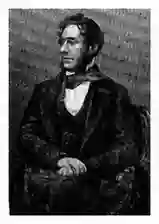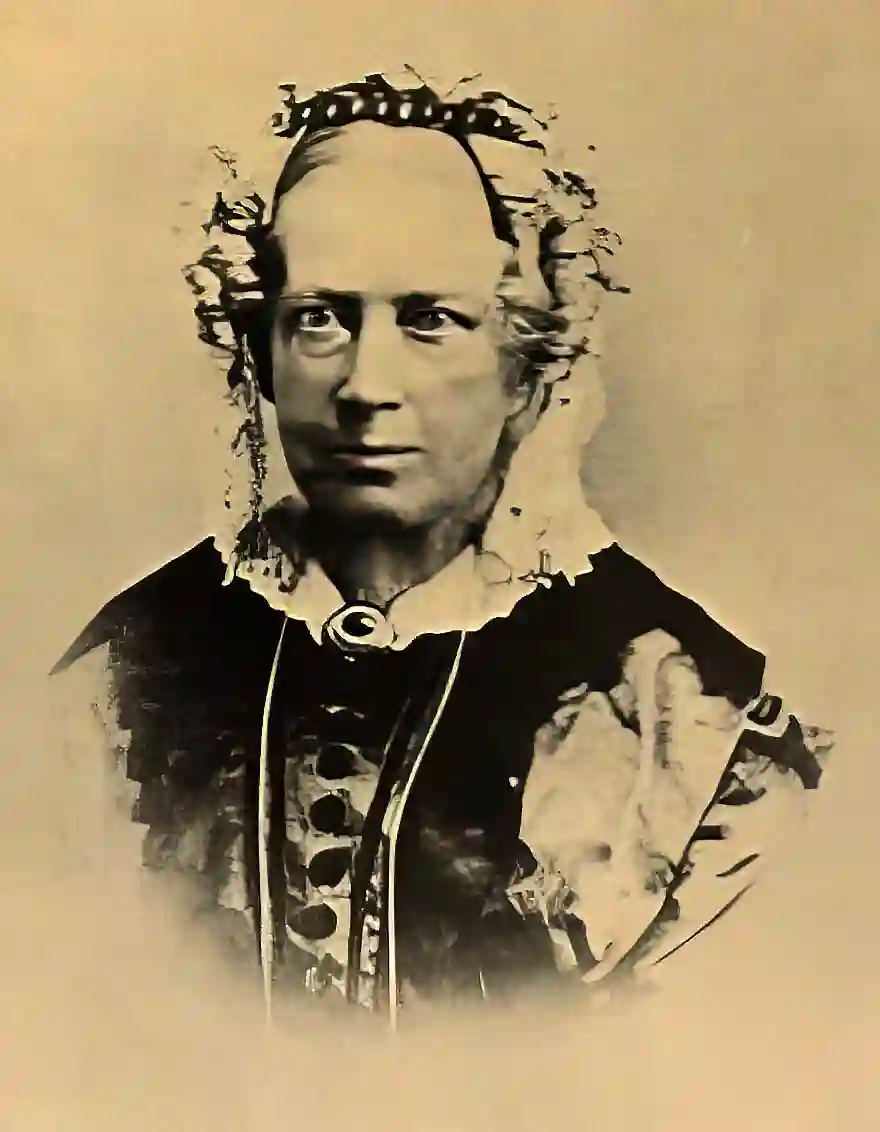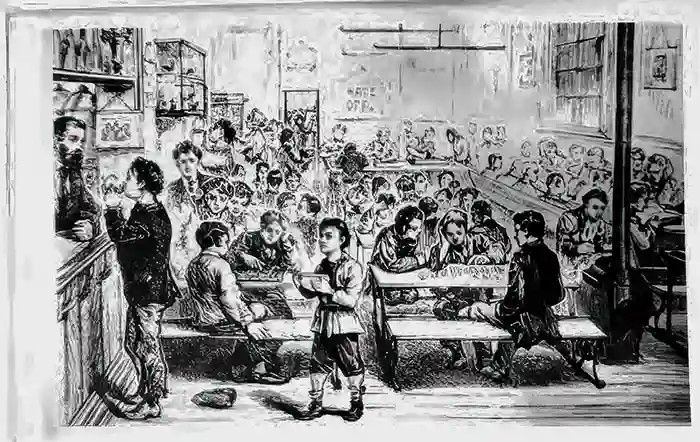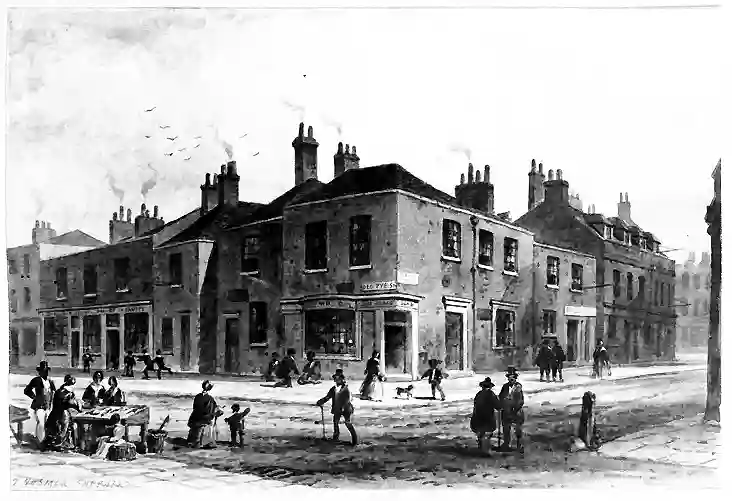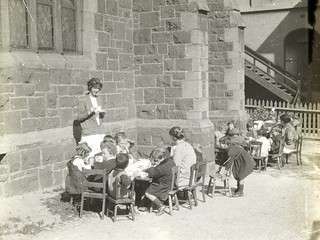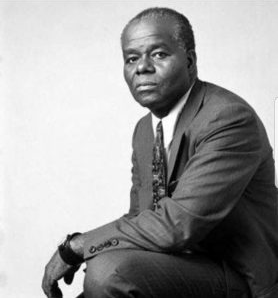Supplement to A Plea for the Ragged Schools by Rev Thomas Guthrie
‘The Plea’ fell much like a small spark among combustibles, calling forth a very general and lively interest in the welfare of the outcast children of society. For some time after its first publication, every day brought letters expressing sympathy and offering cooperation. The public were impatient for the organization of a scheme, and a public meeting at which it might be launched. Read more…


